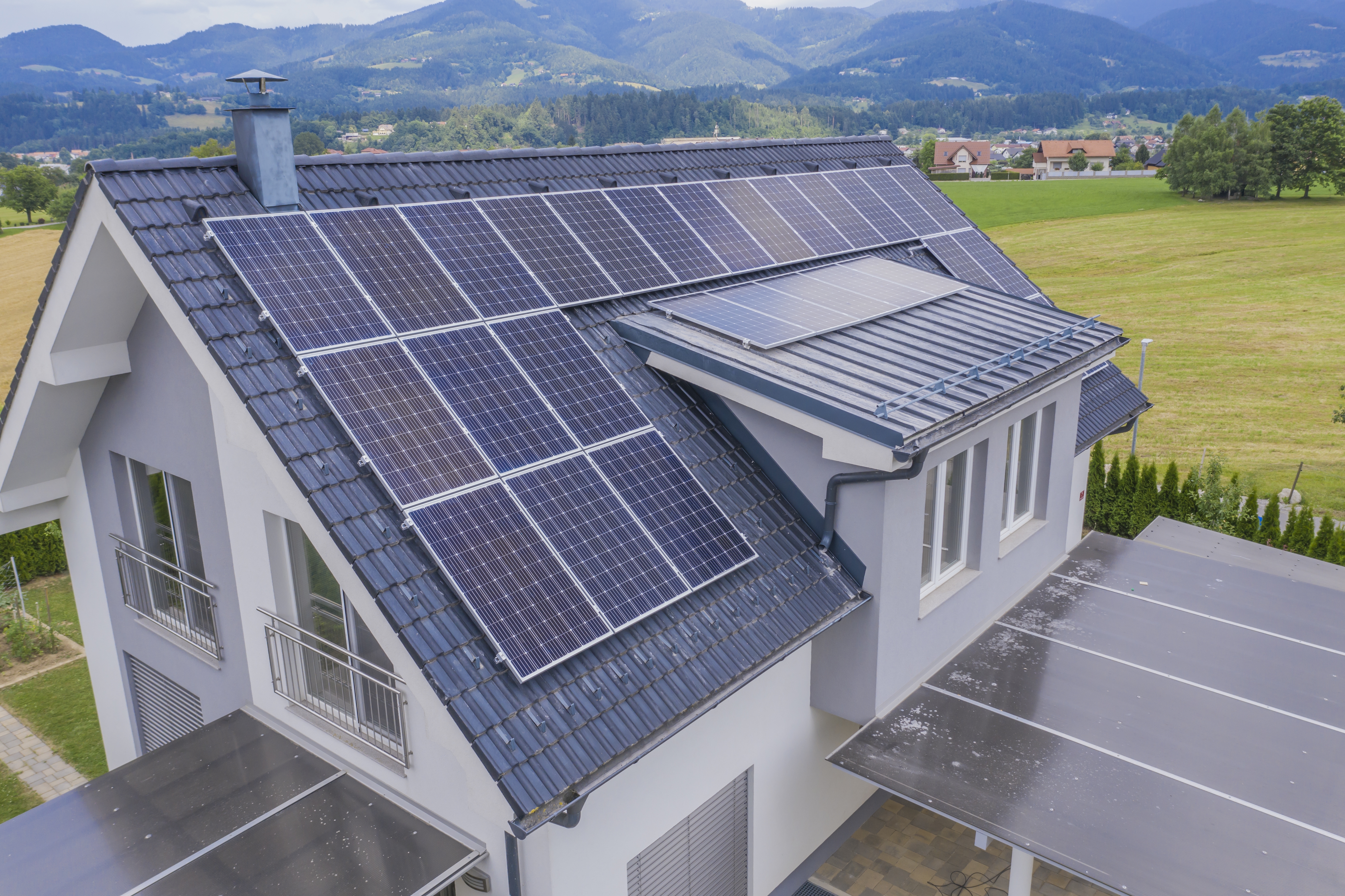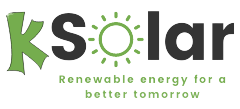
In recent years, there has been a growing awareness of the need for sustainable and renewable sources of energy. Solar power has emerged as a viable solution, offering a wide range of benefits to both individuals and the planet as a whole. In this article, we will explore the numerous advantages of using solar systems and solar-based appliances, including cost savings, the rising power costs, clean energy, and the future of power.
Cost Savings:
One of the primary benefits of utilizing solar systems is the significant cost savings they offer. Traditional energy sources, such as fossil fuels, are subject to price fluctuations and increasing demand, leading to soaring electricity bills. By installing solar panels on rooftops or in open spaces, individuals can generate their own electricity, reducing their dependence on the power grid. Solar power systems require an initial investment, but the long-term savings are substantial, often resulting in a complete return on investment within a few years.
Rising Power Costs:
With the depletion of traditional energy sources and the increasing global demand for electricity, power costs are rising at an alarming rate. However, solar systems provide a unique advantage by harnessing the power of the sun, an abundant and free resource. As technology continues to advance, the efficiency and affordability of solar panels and solar-based appliances are improving. By adopting solar energy, individuals and businesses can shield themselves from the volatility of power prices, ensuring a stable and predictable energy source for years to come.
Clean and Renewable Energy
Solar energy is a clean and renewable source of power. Unlike fossil fuels, solar power does not emit greenhouse gases, thereby contributing significantly to reducing carbon footprints and combating climate change. By embracing solar systems, individuals can actively participate in the transition to a more sustainable and environmentally friendly future. Solar power also reduces air pollution and dependence on fossil fuels, thus enhancing public health and the quality of life in communities.
Energy Independence and Security
Traditional energy sources are subject to geopolitical tensions and limited availability. Relying on solar power allows individuals and communities to achieve energy independence. By generating their own electricity, they become less vulnerable to external factors and power disruptions. Additionally, solar systems can be combined with energy storage solutions, such as batteries, to store excess energy for use during nighttime or cloudy days, further enhancing energy security.
Future of Power
Solar energy represents the future of power generation. As technology advances, solar panels and solar-based appliances are becoming increasingly efficient, affordable, and versatile. Innovations such as thin-film solar cells and solar-powered appliances are expanding the possibilities for utilizing solar energy in various sectors, including transportation, agriculture, and urban planning. The growth of solar power is not limited to individual installations but also extends to large-scale solar farms, contributing to the development of a decentralized and sustainable energy grid.
Conclusion
Solar systems and solar-based appliances offer a multitude of benefits, ranging from cost savings and reduced power costs to clean and renewable energy. By adopting solar power, individuals and businesses can take control of their energy needs, contribute to environmental sustainability, and secure a stable energy future. As solar technology continues to evolve, we are witnessing a paradigm shift in the way we generate and consume power, paving the way for a brighter, greener future.

